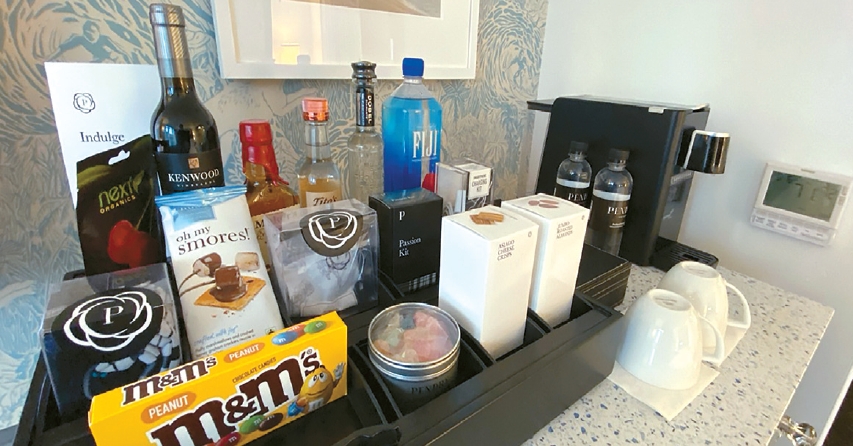Once seen as a symbol of luxury, hotel room minibars are quietly disappearing as guest preferences and cost concerns reshape the hospitality industry.

According to a recent report from CNBC, minibars—which gained popularity in hotels worldwide starting in the 1970s—are now being replaced by delivery apps, self-serve kiosks, and lobby bars.
The minibar was first introduced in 1974 at the Hilton Hotel in Hong Kong, inspired by in-flight miniature liquor service. Stocking small bottles in room refrigerators led to a 500% increase in beverage revenue. The strategy was so successful that it boosted the Hilton’s overall revenue by 5%, prompting widespread adoption by hotels globally.
But over time, the cost of maintaining this convenience began to outweigh its benefits. Hotels faced ongoing expenses for restocking, monitoring expiration dates, preventing theft, and operating mini-fridges. Questions about cost-efficiency grew louder.
The Marriott Marquis in Times Square, New York, began removing most of its roughly 1,900 minibars as early as 2004. At the time, eight full-time staff were needed just to maintain 150 minibar units.
Efforts to modernize minibars with technology—including automated billing systems that detect item use—didn’t reverse the trend. Data from minibar system provider Bartech shows only 33% of guests actually use in-room minibars, with average daily spending around $12.
In response, many hotels are scaling back or removing minibars and instead offering more modern, cost-effective alternatives.
A major shift has come through partnerships with delivery platforms. Wyndham Hotels partnered with DoorDash in 2019, offering free delivery and loyalty point perks at more than 3,700 locations. Marriott teamed up with Uber Eats, while Hilton recently launched a partnership with Grubhub, offering one month of free Grubhub+ membership to its guests.
Hotels are also installing 24-hour lobby kiosks and self-serve snack bars. These alternatives provide guests with more options and allow hotels to streamline operations.
Still, minibars haven’t vanished entirely. Some boutique hotels and high-end resorts are reimagining the concept, offering curated selections of local specialties or gourmet snacks to create a more personalized guest experience.




